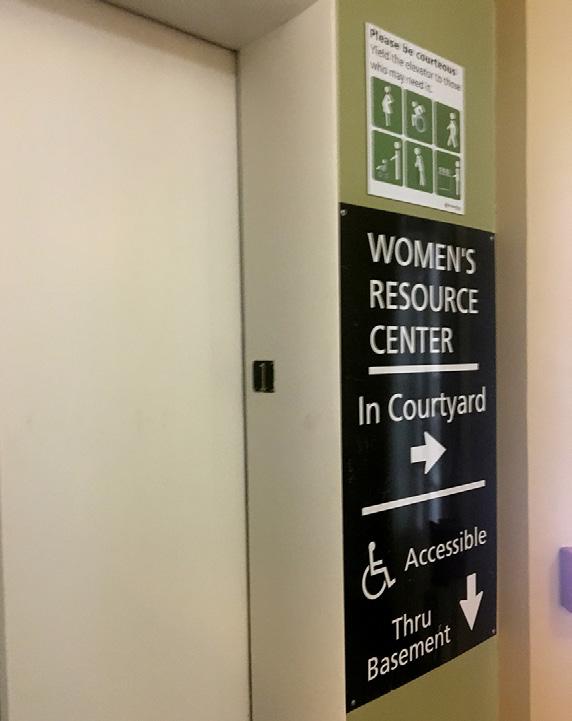The Price of Knowledge University has become a pay to win system by Jeremy Husserl illustrations by Josh Gates “I can’t believe it’s like this,” I thought to myself. The thing that I noticed with every film portrayal I’ve ever seen in movies like “American Pie” or anything that was fashionable in the 2000s. The amount of partying in college. I was around nine years old when I asked myself why college was so important if it was just partying all day. It turns out I was right, that it was mostly partying—but only for those who can afford it. As is the case most of the time in this country, the rich are yet again damaging people’s view of the education system. The college admissions scandal—“Operation Varsity Blues” if you have a flair for the dramatic—was a conspiracy to influence who was admitted into the University system by bribing college officials to let wealthy children in and inflating said wealthy children's test scores and grades. People like the Desperate Housewives star Felicity Huffman or Full Houses Lori Loughlin, whom are accused of bribing university officials from Stanford and the University of Southern California respectively. The recent scandal has a lot of people rethinking the validity of our education system and although there are only 11 accused universities, you can see the signs on every college campus, including Portland State’s. School is absurdly expensive for someone like me. I work multiple jobs at once, including my own business ventures. It is imperative that I keep a strict schedule during the school year to keep up with both classes and my financial wellbeing. Unfortunately, the recent scandal doesn't necessarily surprise me. Working at an apartment building, leasing to almost exclusively students has taught me a lot. Now I get how non resident students can afford PSU full-time. It seems a little redundant. Someone described the process as, “Wealthy kids, going through school for the paper to be in their parents companies.” The media’s coverage of forged
18
OPINION
grades for entry into elite schools may seem distant, but parts of the scandal remind me of PSU, which has similar issues on a surface level. Students do not seem prepared for life in general. I see so many students who do not possess even rudimentary skills, like plunging a toilet for example. Even basic cleaning needs are a task. I feel as though there is some gap still between the student body. In my interview with a co-worker and his account of a bias system, I am at odds with the PSU community a bit and it’s lack of support-with news like this especially taken into account.
I can understand how someone can feel cheated, especially if you are like me and have a large amount of loans—especially considering how much attending school costs. Non-residents have to pay an average of $35,941 dollars a year— or for a residents, $29,797—which you can’t just have on you obviously. What makes it worse for me and others like me is seeing the cost of living comparisons as well. Living expenses in Chicago cost about half as much on average. Most people should feel discouraged by the fact that the wealthy can just screw off and do whatever they want everyone else must work for their grades. It seems like yet another reminder of a broken system that is constantly failing its students. At least that’s how Carter sees it. Carter is a maintenance man at one of the more prominent apartment complexes close to the PSU campus. He is an avid writer, reader, photographer, and consumer of the arts. He is a former student of Oklahoma City Community College and University of Oklahoma back in his home state, and, most recently, Portland State University. Carter is currently working and out of school, since the cost and stress became too much to handle. This recent scandal has furthered the seeds of his doubt in the validity of the university system in general. Jeremy: So, you’ve attended 3 seperate schools? With PSU being the most recent? Carter: Yes, I first attended Oklahoma City Community College and then University of Oklahoma afterward. When I went to community college, it was targeted toward low income people. On the upside, they were more understanding, but the problem was that everyone seemed to just be filling out paperwork. All the kids were there for the grade and the teachers would just be showing up for the paycheck. It would just be the minimum requirement.










